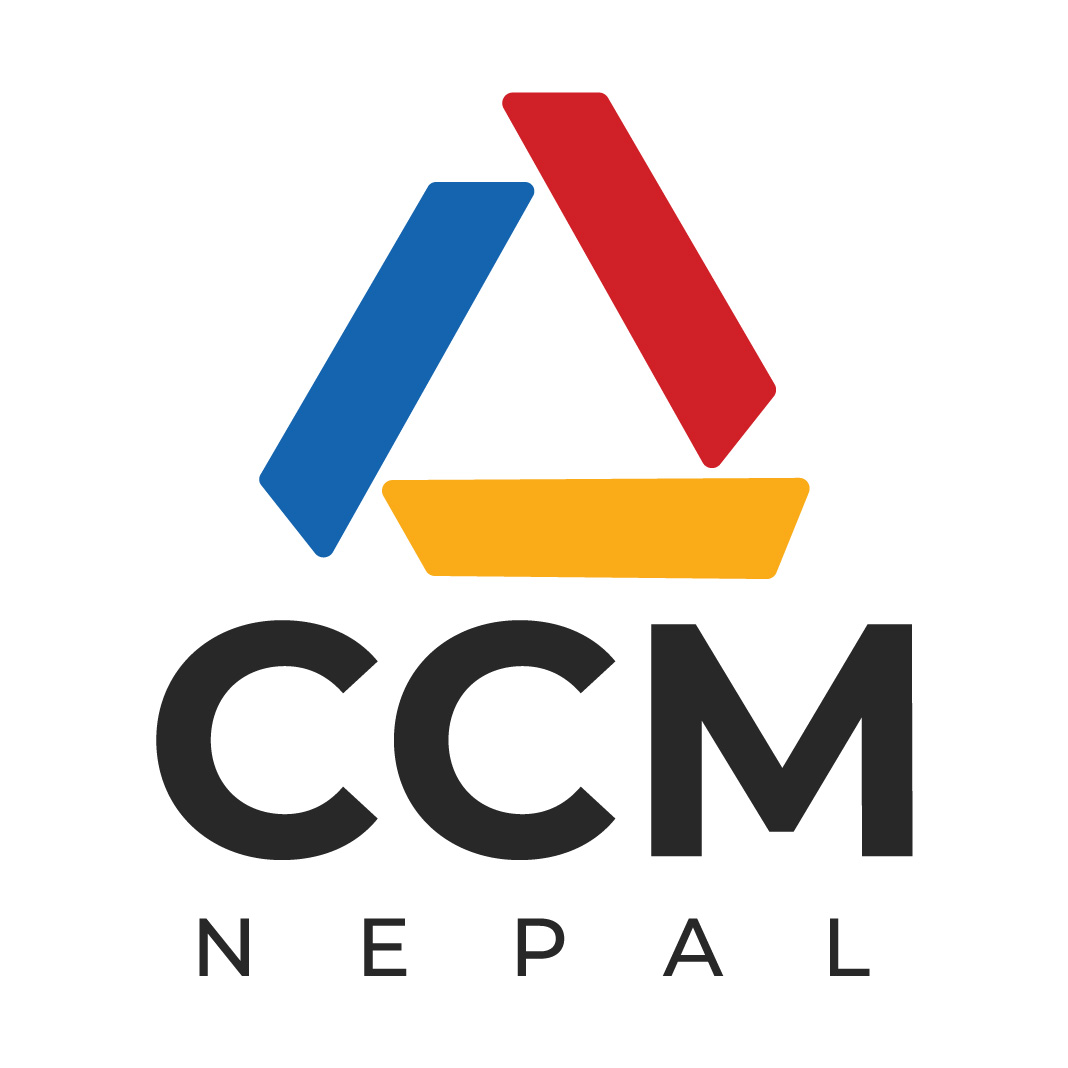ABOUT CCM NEPAL
Country Coordinating Mechanism (CCM) is the national committee that includes representatives from different stakeholders who are engaged in the response to the three diseases – HIV & AIDS, TB, and Malaria. Country Coordinating Mechanism is seen as an innovative approach to engaging all relevant partners in the country to ensure country-driven, coordinated, and multi-sectoral processes for leveraging and implementing additional resources to fight AIDS, TB, and Malaria in the country through Global Fund.
CCM is a multi-stakeholder partnership, responsible for developing and submitting concept notes based on needs identified in national strategic plans and an inclusive country dialogue process. These days CCMs are supposed to play an even stronger leadership role and meaningfully participate in the National Strategic Plan discussions as well as in convening stakeholder engagement for inclusive country dialogue and agreement on funding split between AIDS, Tuberculosis, and Malaria. Hence, CCM is an integral part of the GF architecture as it represents the country’s ownership and partnership through multi-stakeholder collaboration.
Since 2002, Country Coordinating Mechanism (CCM) Nepal as it is popularly known has been established as a central pillar of The Global Fund to Fight AIDS, Tuberculosis, and Malaria architecture to ensure country-driven, coordinated and multi-sector processes for leveraging and effecting additional resources to reduce morbidity and mortality from HIV, TB and Malaria. As envisioned, CCM Nepal is an independent entity that is closely guided by the Global Fund policy on structure and functions. CCM Nepal brings together multiple stakeholders to collectively identify Nepal’s needs, be responsible for developing and submitting grant proposals, nominate the grantee(s) or Principal Recipients (PRs) and also oversee implementation of Global Fund-supported projects. CCM Nepal includes representatives from both the public and private sectors, including government organizations, multilateral or bilateral agencies, non-governmental organizations, academic/research institutions, private sector, Key Population and people living/affected with the diseases.
CCM Nepal consists of diverse 17 members with their alternates who are elected or nominated from their respective constituencies following the standard election procedure. The experience of rapid scale-up in the prevention of the three diseases shows that active constituency engagement is key to the success of wide-scale health delivery. The members bring urgency to resource mobilization and planning, inform proposal development and give voice to vulnerable populations; providing a unique and important perspective in the delivery of community-based services by holding each other accountable for concrete results.
CCM Nepal has its own Rules of Business (RoB). Meetings are scheduled quarterly in a year and additional meetings are held when the need arises especially around proposal development. The current CCM Chair is Dr. Roshan Pokhrel, Secretary of the Ministry of Health and Population and the Vice-Chair is Ms. Dikshya Rimal from Civil Society. Both the Chair and Vice-Chair were elected through a formal election process held in the 120th CCM meeting dated 24th July 2022.
CCM Nepal functions as a Committee with full and equal representation by all members. We have a fully prescribed Code of Conduct for our members. Readers can compare us to a board of directors of a corporation that establishes policy and oversees progress but we do not get in the way of day-to-day operations. For that, we have a dedicated CCM Secretariat that handles the management of our activities and coordination. CCM Nepal has a strict one-door policy for internal and external communication. Your principal point of contact is the CCM Coordinator Mr. Hari Krishna Bhattarai.

